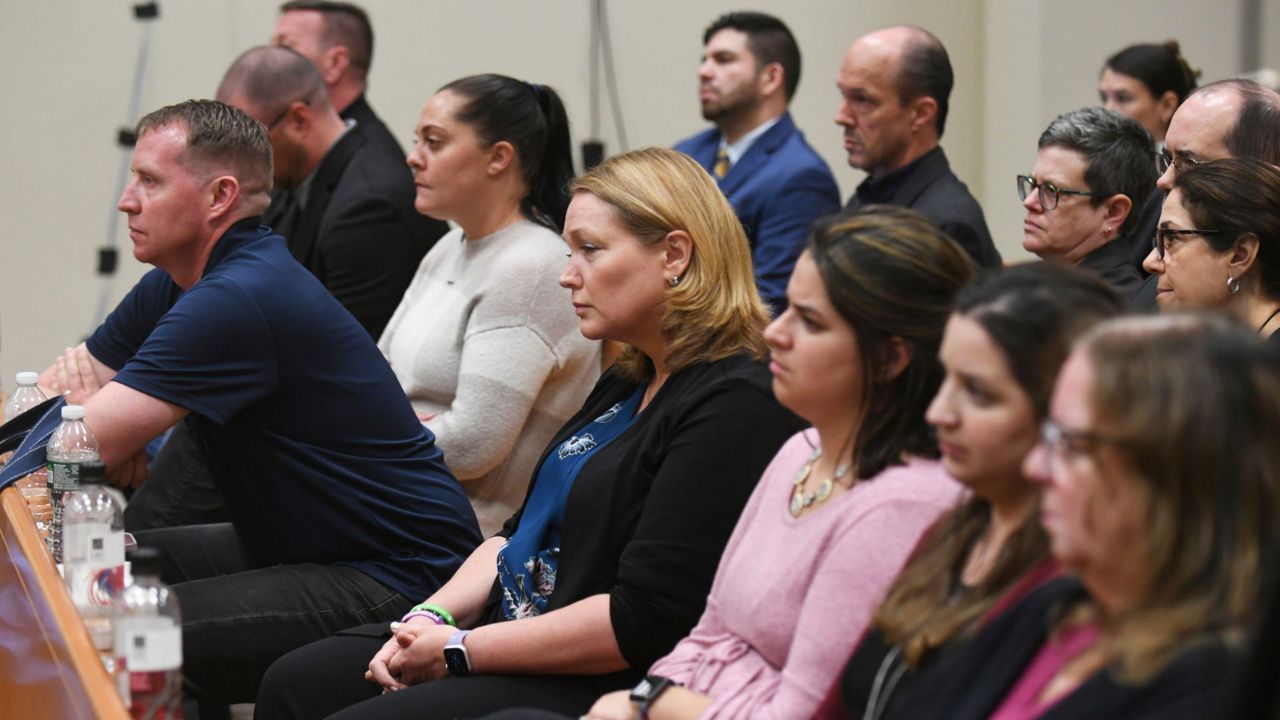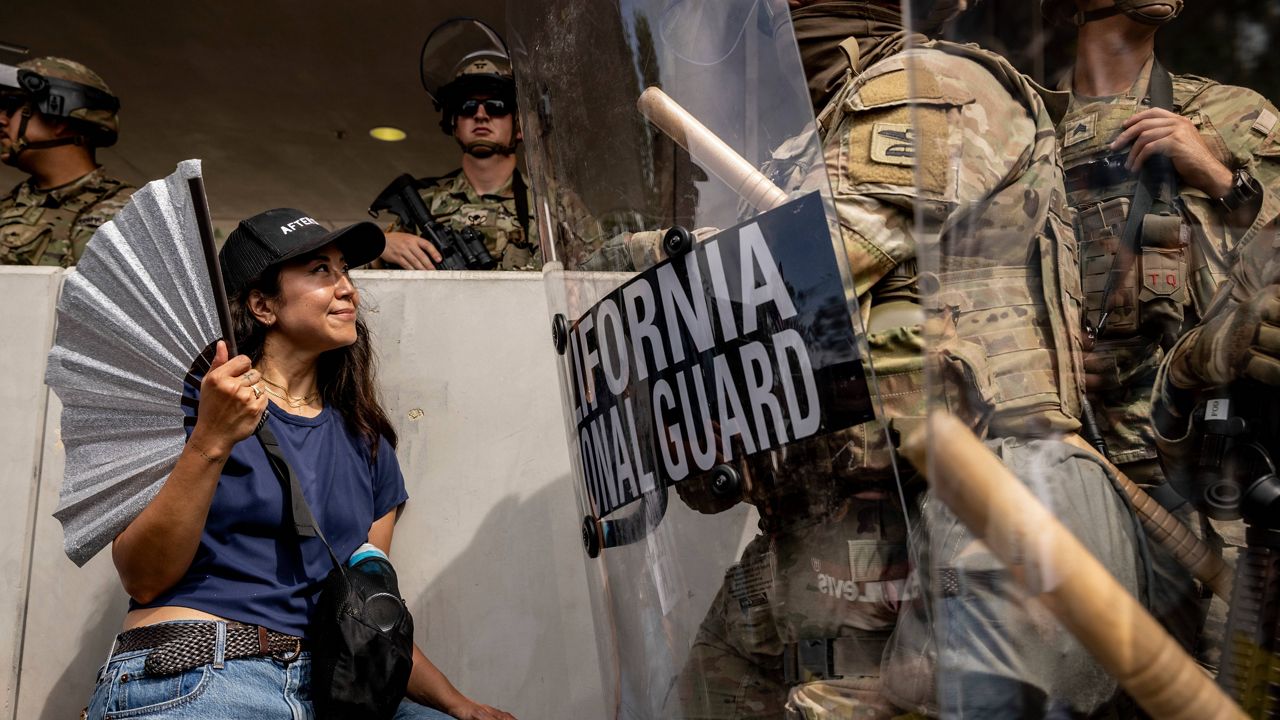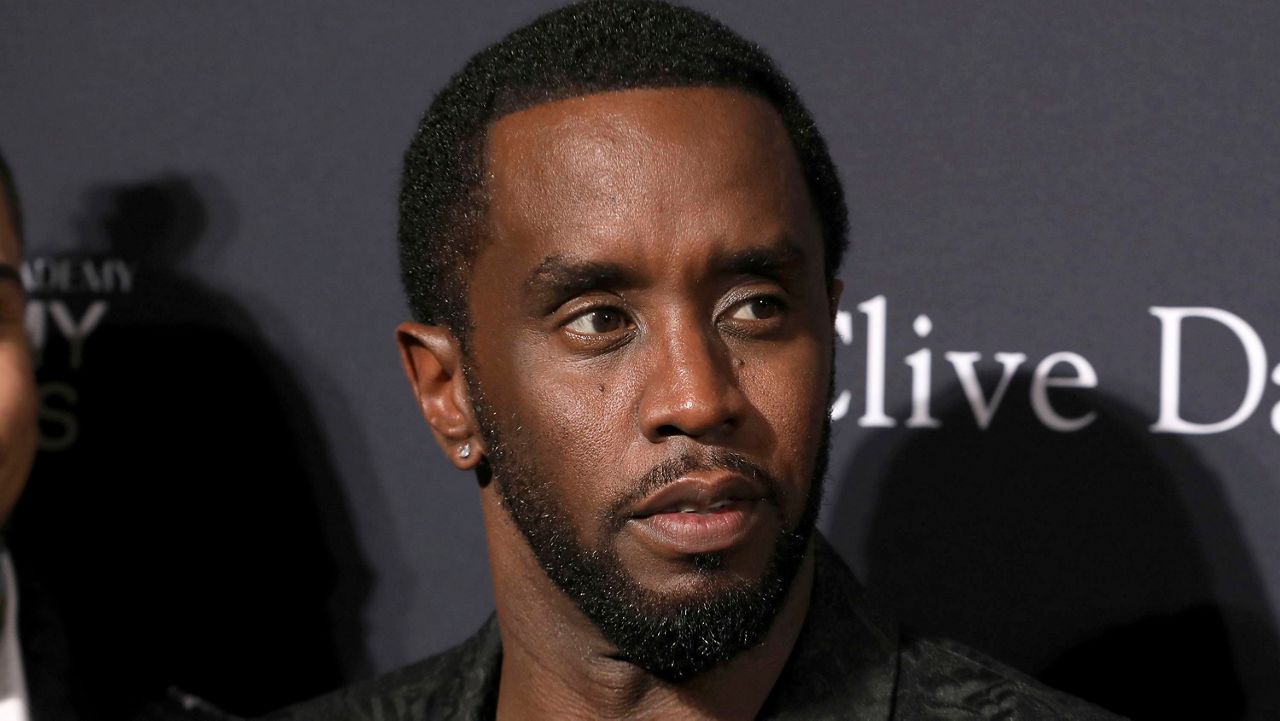LOS ANGELES — On Thursday, the Supreme Court is set to discuss whether President Donald Trump’s executive order ending birthright citizenship can be implemented against lower-court orders.
The judges aren’t expected to determine if Trump’s executive order is legal or against the 14th amendment, but if a lower-court judge can issue a ruling that has the authority to block an executive order nationwide.
The Trump administration argues this practice is unconstitutional.
On her mother’s birthday, 11-year-old Itzayana was the sous chef as they made tamales.
“She’s teaching me how to cook in case, one day, I don’t have her. I could just make my own food,” she said.
It’s a thought that crosses her mind often: What would happen if her undocumented immigrant parents weren’t there when she got home from school one day?
“My dad said never be worried about us because we will always be with you and it’s sad,” she said.
On Thursday, the Supreme Court is set to discuss Trump’s executive order attempting to end birthright citizenship, challenging both the 14th Amendment and more than a century of Supreme Court precedent. But as co-executive director for the California Collaborative for Immigrant Justice, Lisa Knox points out that executive orders can’t override a Supreme Court decision, or change the constitution.
“We always say power, not panic, right? Part of the Trump administration’s strategy is to build fear,” Knox said. “They’ve been calling for self deportations, right? So the biggest way that we can counter that rhetoric of fear is to empower communities. Make sure that communities are informed of their rights, and making emergency preparations with support and solidarity from community organizations.”
Even if the Supreme Court does side with the Trump administration, eventually revoking birthright citizenship, Knox noted that the undocumented community has other ways to stay in the U.S. if they apply for legal status.
“Due process still exists in this country. Even if someone is undocumented, they have certain rights,” she said. “If they have a fear of returning to their home country, they have a right to apply for protection. Many immigrants have the right to fight their case in immigration court.”
California is one of several states that sued the Trump administration for the birthright citizenship executive order, but White House Press Secretary Karoline Leavitt says Trump believes it’s unconstitutional.
“Illegal immigrants who come to this country and have a child are not subject to the laws of this jurisdiction,” she said. “That’s the opinion of this administration. We have already appealed the lawsuit that was filed against this administration, and we are prepared to fight this all the way to the Supreme Court.”









